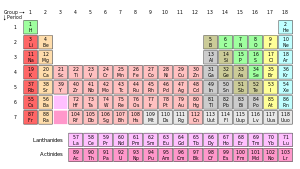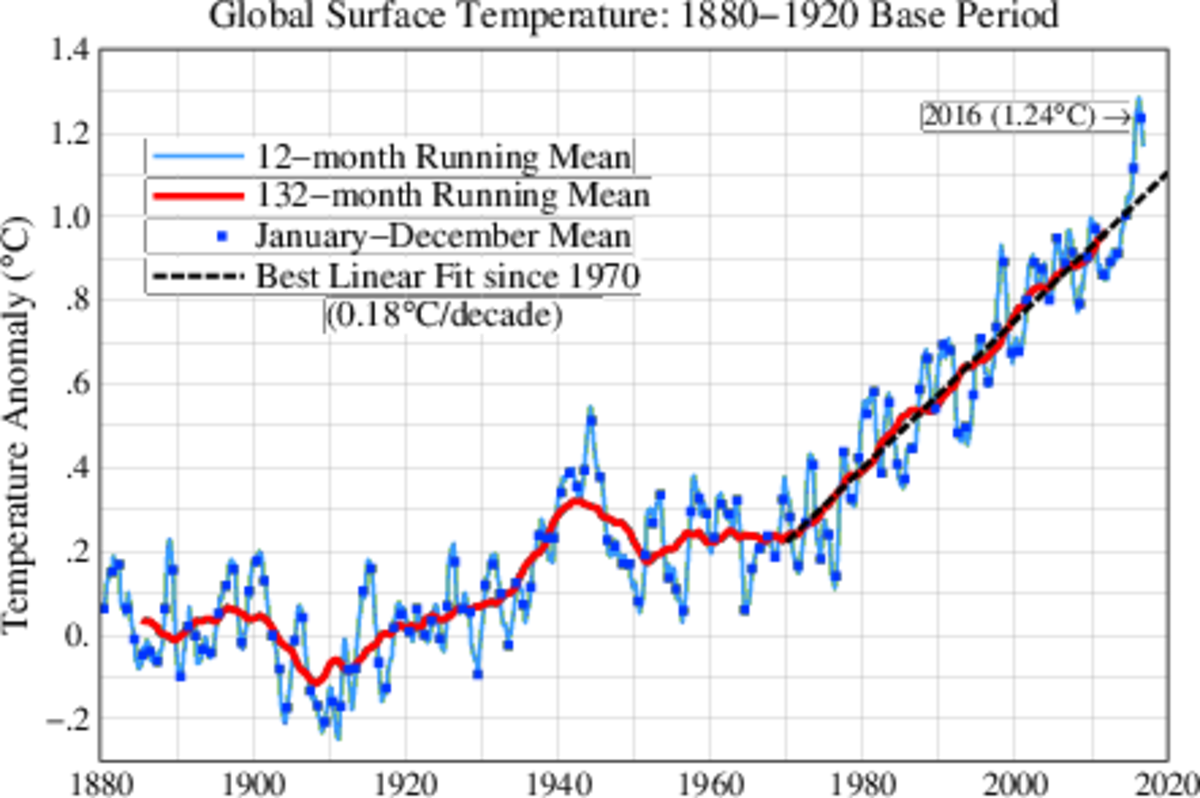Rare Earths: Industry Would Founder Without These Complex Elements
More widely distributed than rare, these minerals are vital

These vital elements are in short supply
What a utilitarian yet useful word is “Earth,” used to describe the common soil of your garden; the whole of the world we live in, and 17 little known elements without which we would find it hard for world industries to function in the Third Millennium, known as “Rare Earths.”
Fifteen of them group together on the Periodic Tables (lanthanum to lutetium). Only scandium and yttrium keep to themselves - apart but very similar chemically.
Their title is a misnomer as they are more widely distributed than rare and they are not earth, but metals - oxidized minerals. Even the rarest of them is many times more abundant than gold.
It would take the rest of this article to comprehensively list the products which use rare earths: powerful magnets do, so do hybrid cars and wind machines.
According to National Geographic, the Toyota Prius car uses 20 pounds of lanthanum in just one battery and may be one reason the green machines are relatively pricey. The very large wind turbines may contain up to 500 pounds of neodymium…we don’t often here about the intrinsic cost of these giant machines by their admirers, do we?
These earths are used in most personal electronic devices, like smart phones and I-players, helping them emit sound and light.
Military equipment, medical scanning machines, green machines and much, much more depends on these useful elements. Your TV’s depend on europium for red light emission, and the catalytic converters on autos use cerium and lanthanum.
All this was fine until China began to become the super power it is today. This nation has supplied over 90% of the worlds needs, but the world’s markets blanched in 2010 when China nixed supply for just one month to Japan over some diplomatic snit.
China is beginning to realize it might require its resources for itself as its manufacturing industries burgeon and it relies more on home- grown autos, electronics and the rest which it has traditionally imported.
This concern by China has caused prices of these elements to soar over the last 8 to 10 years. An example is dysprosium, costing under $7.00/pound 8 years ago and more than $200/pound today.
These prices will undoubtedly force the world’s major players to locate sources outside China - and probably force the Asian giant to do the same to try to keep control on the substances. The US has recently reopened mines, such as that at Mountain Pass in California.
Although China has nearly 50% of the world’s known reserves, Canada and Australia have deposits as does the US. By the year 2015, industry will need up to 200,000 tons of rare earth, double the need in 2012. It’s humbling to realize that up to the 1980’s, the USA supplied most of the world’s needs - from the one mine, Mountain Pass! Baotou in Inner Mongolia is the new shining star of production and the area holds about 80% of China’s reserves. But there has been a steep price to pay as ground water has become contaminated with radio-active elements combined with the earths and released during mining. People have had to be relocated and China has been making efforts to clean up its act - and the mining increases.
As usual when big money is at stake, crime has entered the industry with many small Chinese mines operating with little supervision…in 2008, 200,000 tons of rare earth was smuggled out of the nation - about one third the country’s output!
China, on the one hand a glorious success, has its meteoric rise sadly besmirched by its record in human rights; lack of control and crime in its industries and perhaps saddest of all, the misguided wealthy organizing the slaughter of horned animals, and gorillas, etc., in Africa, engendered by Chinese desire for homeopathic remedies extracted from powdered ivory and other parts of these hapless and endangered species. One might question the need for those quack remedies some Chinese think heighten their sexual prowess…isn’t close to a billion and a half citizens enough? The rest of us would prefer to see the elephants, rhinos, tigers and gorillas on the increase instead of facing extinction, only to be seen in zoos,
Sorry for the rant, but every time I see China mentioned a red flag goes up.
China may soon come to regret its monopolizing of the rare earth industry as the huge US Mountain Pass Mine may have the reserves to soon supply US needs of around 20,000 tons per year.
Other users, such as Europe, may have to turn to Russia and continue to court China for its needs and I am sorry to report I have no real data on this…






